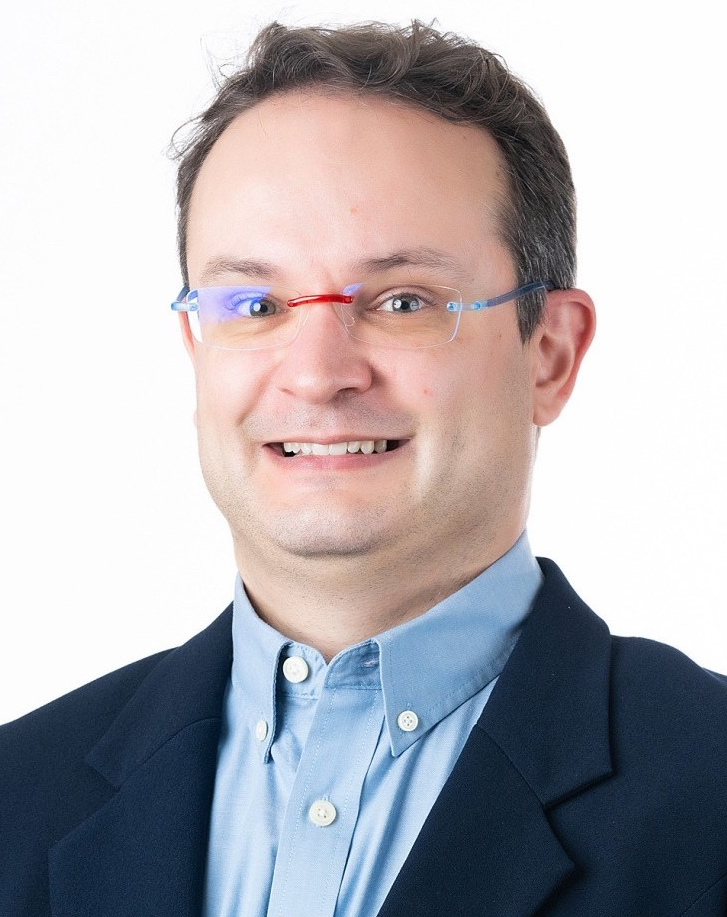Head and neck cancer (HNC) therapies such as radiotherapy can greatly damage the salivary gland (SG) secretory epithelia and the oral mucosa (OM) epithelia leading to severe dry mouth and painful oral mucositis lesions, respectively. Conventional treatments are mainly palliative and largely ineffective; hence, these patients end up with a poor quality of life. Craniofacial organoid biofabrication in 3D cultures can facilitate the manufacture of microtissue constructs to mimic the native epithelial tissue (from SG, OM) at a cellular and functional levels and these can be applied in future regenerative applications or drug discovery. In the last 10 years, our research team generated reproducible 3D epithelial organoids via microtissue engineering involving magnetic 3D bioassembly and bioprinting (M3DB). MSC-like cells such as human dental pulp stem cells have been expanded and differentiated in M3DB platforms for form functional SG epithelial organoids. Both bioprinted organoids and their respective exosome cargo were found to increase epithelial regeneration via neuro-epithelial communications in ex vivo irradiated SG models. More recently, our team utilized dynamic milifluidic systems (MIVO) after M3DB to generate OM organoids, which exhibited greater cell viability, epithelial interactions and transepithelial resistance when compared to static 3D cultures.

ABOUT THE SPEAKERS
Dr. João Nuno Andrade Requicha Ferreira is an Associate Professor at the Department of Research Affairs, Faculty of Dentistry, Chulalongkorn University. He is the director of the Avatar Biotechnologies for Oral Health and Healthy Longevity Research Unit at Chulalongkorn University and the head of the CUDENT Bioprint 3D Lab. Dr. Ferreira obtained his dental degree from CESPU Heath Sciences Institute in Oporto, Portugal, and crossed the Atlantic waters to go to USA for completing his graduate studies at the University of Minnesota and at the UNC-Chapel Hill Schools of Dentistry. He received the prestigious Portuguese Government Ministry of Science and Technology FCT Award for his Ph.D. project on hydroxyapatite-gelatin bioceramics for bone tissue engineering and regeneration. After his PhD graduation in 2011, he was awarded the NIH/NIDCR research fellowship in USA for postdoctoral training in salivary gland development and regeneration at the NIH campus in Bethesda, Maryland. In 2014, he moved to the National University of Singapore Faculty of Dentistry to start his research work on salivary gland development, craniofacial organoids and magnetic bioprinting. In 2018, he joined Chulalongkorn University Faculty of Dentistry to continue his organoid research focused on craniofacial exocrine glands and oral mucosa. He was awarded several national and international grants and awards from USA, Singapore and Thailand including the 2014 Salivary Gland Young Scientist Award and the prestigious Innovation in Oral Care Award in 2022 by the International Association for Dental, Oral and Craniofacial Research (IADR) sponsored by Glaxo SmithKline.

